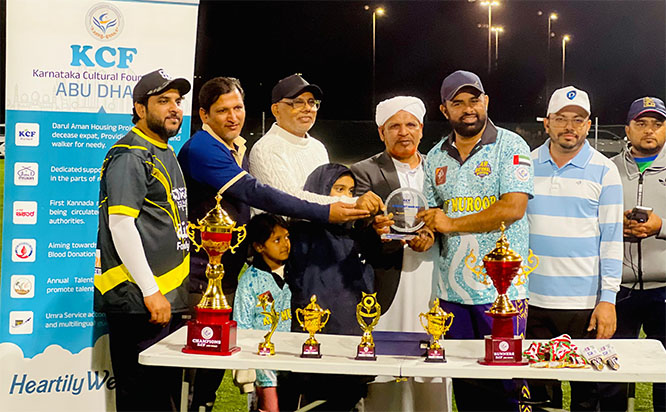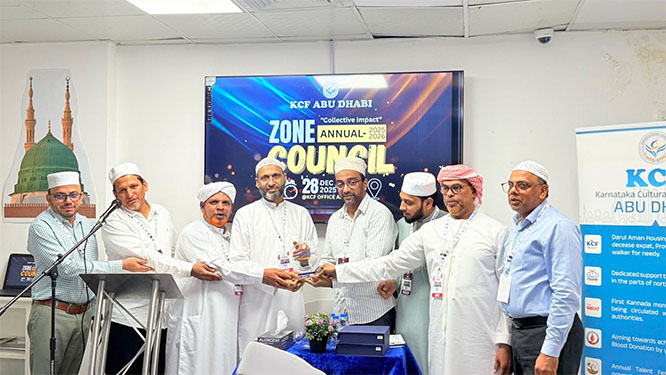
Bengaluru: The BJP has reportedly offered five Lok Sabha segments to the JD(S) as part of a seat-sharing deal that may also feature candidate-swapping, sources close to the party's legislature leader H D Kumaraswamy said, as the two parties get battle-ready to take on the Congress.
The JD(S) is free to choose from Hassan, Mandya, Kolar, Bangalore Rural and Tumkur, sources said.
Kumaraswamy and his son Nikhil airdashed to New Delhi and met Union Home Minister Amit Shah on Thursday to discuss the nuts and bolts of the agreement.
The seat-sharing deal is also likely to involve swapping of candidates.
"It will be a JD(S) candidate in Hassan, Mandya and Kolar. From Bangalore Rural, the JD(S) candidate is likely to contest on the BJP's symbol. In Tumkur, it might be a BJP candidate on the JD(S) symbol," a source explained.
If the candidate-swapping happens, then the JD(S) will effectively get four seats where its symbol will be on the ballot.
Facing an existential threat after getting routed in the Assembly polls, the JD(S) formally joined the BJP-led NDA in September 2023 and forged an alliance with the saffron party ahead of the Lok Sabha polls.
The JD(S) already has its MP in Hassan, considered to be its stronghold. In Vokkaliga heartland Mandya, BJP-backed Independent Sumalatha Ambareesh is the MP. Kolar has a BJP MP.
According to sources, the BJP top brass wants noted cardiac surgeon Dr C N Manjunath to contest. Speculation is rife that Dr Manjunath, who is JD(S) supremo HD Deve Gowda's son-in-law, will contest on the BJP's symbol from Bangalore Rural, which is currently held by Deputy Chief Minister DK Shivakumar's brother, DK Suresh.
In Tumkur, there is speculation that senior BJP leader V Somanna will be the candidate on the JD(S) symbol.
The thinking is based on caste calculations and other poll math involving caste-wise and party-wise vote share in the previous elections, winnability and individual identity of the candidate.
Kumaraswamy left for New Delhi on Wednesday all of a sudden with his son. Initially, the visit was to pay tributes to eminent jurist Fali S Nariman. On Thursday, the father-son duo met Shah and discussed seat-sharing modalities.
Sources also said the BJP was slated to hold talks with JD(S) towards the end of this month. But Kumaraswamy expedited this to meet Shah following reports that the BJP wanted to keep Mandya.
"JD(S) workers in Mandya are upset with reports that BJP will keep Mandya with Sumalatha as the candidate. Our leaders are firm about the Mandya seat," the JD(S) source said.
There is speculation that Kumaraswamy will contest from Mandya but he said that he has "not decided yet on contesting the Lok Sabha polls".








Comments
Add new comment